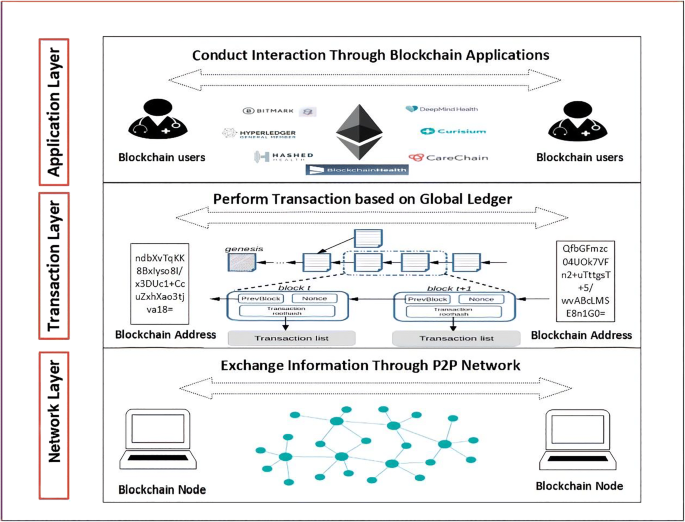
Revolutionizing Health Insurance Through Blockchain Technology
Blockchain technology, known for its decentralized and secure nature, has penetrated various industries, promising enhanced efficiency and transparency. In the realm of health insurance, this revolutionary technology is reshaping the landscape, offering a myriad of benefits that stand to transform the way we perceive and manage our health coverage.
Ensuring Data Security in Health Insurance
One of the primary challenges in the health insurance sector has always been the security and privacy of sensitive medical data. Blockchain’s decentralized ledger system ensures a high level of data security, reducing the risk of unauthorized access and potential breaches. Each block in the chain is cryptographically linked to the previous one, creating an immutable record that enhances the overall integrity and confidentiality of health-related information.
Streamlining Claims Processing
Blockchain’s decentralized structure eliminates the need for intermediaries in the claims process. Smart contracts, self-executing contracts with the terms of the agreement directly written into code, automate and expedite claims processing. This not only reduces administrative overhead but also minimizes the chances of errors or disputes, resulting in a more efficient and cost-effective claims settlement process.
Enhancing Fraud Prevention and Detection
Health insurance fraud is a significant concern in the industry, leading to substantial financial losses. Blockchain’s transparent and tamper-resistant nature helps combat fraud by providing an auditable and traceable trail of transactions. This increased visibility makes it easier to detect unusual patterns or discrepancies, enabling proactive fraud prevention measures and safeguarding the interests of both insurers and policyholders.
Facilitating Seamless Interoperability
The traditional health insurance system often faces challenges related to interoperability and data sharing among various stakeholders, including healthcare providers, insurers, and policyholders. Blockchain’s decentralized ledger promotes seamless data sharing, allowing authorized parties to access relevant information in real-time. This interoperability not only enhances communication between different entities but also improves the overall efficiency of the healthcare ecosystem.
Empowering Individuals through Smart Contracts
Blockchain’s smart contracts empower individuals by automating various aspects of health insurance. These self-executing contracts can automatically trigger processes such as premium payments, policy renewals, and even adjustments based on predefined conditions. This level of automation not only reduces the administrative burden on policyholders but also ensures a more personalized and responsive health insurance experience.
Creating Trust with Transparency
Transparency is a cornerstone of blockchain technology. The decentralized and distributed nature of the blockchain ledger ensures that all authorized parties have real-time access to the same set of data. This transparency builds trust among insurers, policyholders, and healthcare providers, fostering a collaborative environment where everyone involved has confidence in the accuracy and integrity of the information.
Blockchain-Based Health Insurance: A Link to the Future
As we delve into the potential of blockchain-based health insurance, the impact on the industry becomes increasingly apparent. To learn more about the transformative power of Blockchain-Based Health Insurance, explore this link: Blockchain-Based Health Insurance. It serves as a gateway to a future where health coverage is not just a financial transaction but a secure, efficient, and transparent collaboration that puts the well-being of individuals at the forefront.
In conclusion, the integration of blockchain technology into health insurance holds immense promise for a more secure, efficient, and consumer-centric experience. From data security to automated processes and fraud prevention, the benefits are substantial. As we navigate the evolving landscape of healthcare, blockchain-based health insurance emerges as a beacon of innovation, paving the way for a healthier and more connected future.


